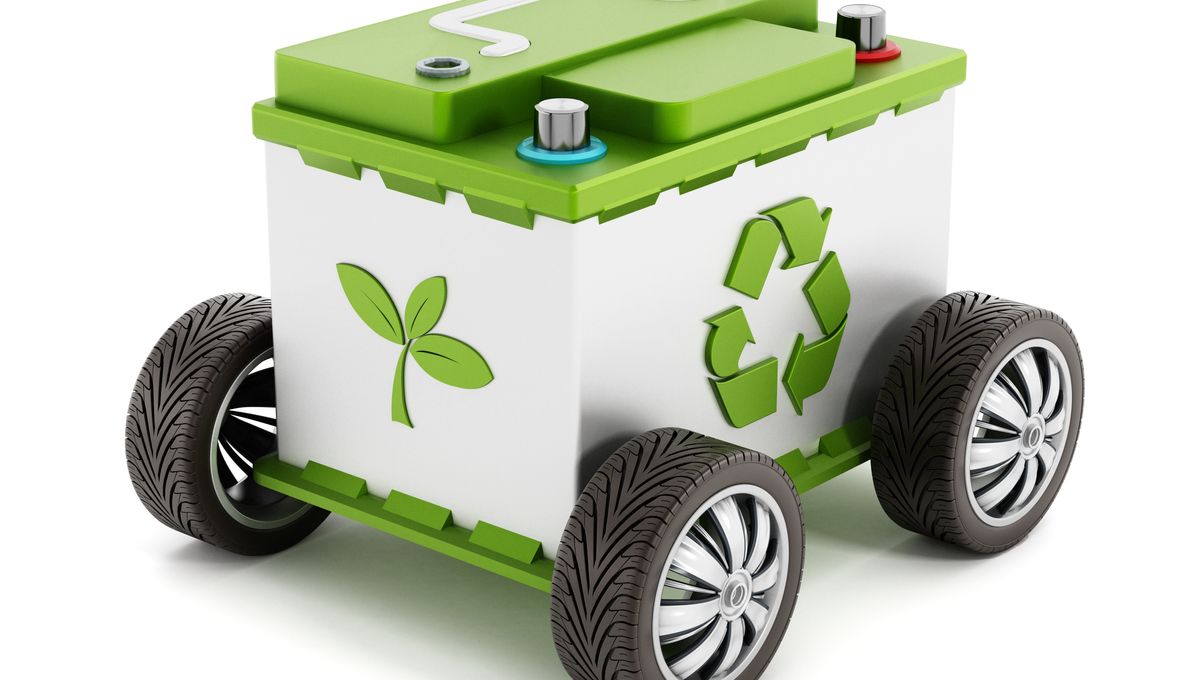
The rapid rise of electric vehicles has created alarm, both about where we will find the raw materials to build so many batteries, and what we will do with them when their time is done. Both questions need to be asked, but it seems likely the second won’t become a problem as soon as many people expect, and quite likely will never be much of an issue at all.
Recycling batteries may be hard, but reusing them for less demanding purposes, a process known as “second life”, is much easier, and could solve a great many other problems in the process.
Some people really don’t like the shift to carbon-free energy. We can speculate about their reasons, but it’s noticeable that those who can be quite unbothered by air pollution that kills millions of people a year are terribly concerned about waste from solar panels or used electric car batteries. Through repetition the fear has sometimes been transferred to people without the same sympathies for the fossil fuel industry.
There’s no doubt the volume of used electric car batteries to deal with will eventually be enormous. Electric cars now make up 16 percent of the world market, and much more in Europe and China, beating most expectations for their rise. Add in the batteries for buses, trucks, and motorbikes and the world is producing large-scale batteries at an astonishing rate, which eventually will need to be dealt with.
However, the first misconception is how soon that problem will get big. The quoted lifetime of an electric car battery used to be five years. After electric car sales passed the 5 percent threshold in 2021 (6.7 million) that would mean we could expect an immense volume coming very soon. However, batteries are lasting longer than expected, so it now seems 8-10 years before replacement is more realistic in most cases. New technologies could well extend that further for future generations of cars.
That only delays the problem, however. If the obvious solution is taken, to recycle the batteries back to their raw ingredients, then it’s pretty clear we’re a long way from ready. The world’s record on smaller batteries for phones and laptops is not encouraging. In 2021, the BBC reported only around 5 percent are currently getting recycled. Most batteries are not yet built to make recycling easy by facilitating dismantling and separation.
However, the batteries in electric vehicles need to operate at close to their initial capacity. If a car battery can only store 70 percent of its initial energy the distance travelled before recharge is reduced proportionally. It’s not practical to strap additional batteries to the back to restore the original range.
That’s not true for bulk storage of electricity, however. Second life batteries used for grid storage can collect solar power during the middle of the day to be used during the evening peak in demand. If they’ve lost a third of their capacity during their time in an electric vehicle, there’s a simple solution; use three batteries where you would otherwise have used two.
There are still some obstacles: Banks of batteries work best when they are as similar as possible, both in composition and how used they have been. Companies exploring second life storage are investigating ways to test and sort batteries to combine them as effectively as possible.
Nevertheless, when it comes to engineering problems, this looks like one of the easier ones to solve. Second life batteries are unlikely solve the problem of long-term storage of renewable energy for weeks when sunlight and wind are low. It’s expected a range of technologies will be required to get grids 100 percent carbon-free. However, second life batteries can, and almost certainly will, help replace gas peaker plants for evening use, cutting fossil fuel consumption dramatically.
For the moment industry is facing a problem of too few expired batteries, rather than too many, with demand forcing prices up. The price of second life batteries recently exceeded the cost of new ones going straight from factory to car. Those hoping to acquire used batteries for grid storage of renewables are having to compete with redirection to boats, off-grid houses, and second-hand car buyers with short commutes.
Eventually batteries will become so overused they will be unsuitable for second, or even third, life purposes. At that point, recycling will be the only option, but since most second life uses are expected to degrade them much more slowly than driving, that day is probably a very long way off.
Source Link: What Will Happen To All The Used Electric Car Batteries?